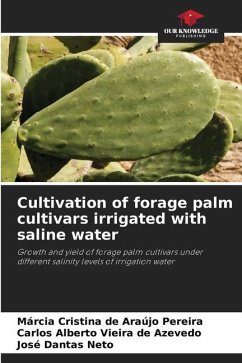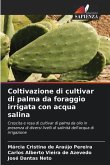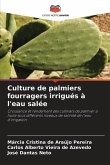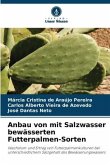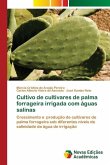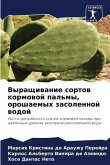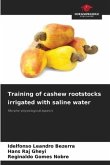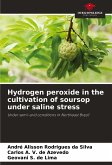The low availability of good quality water is one of the limiting factors for the development of agriculture and cattle ranching in the Brazilian semiarid region. Therefore, the objective of this work was to evaluate the effects of different saline levels of irrigation water on the growth and production of forage palm cultivars. The experimental design was in causalized blocks in 4x3 factorial scheme, 4 salt levels: 0.2; 2; 3.8 and 5.6 dS m-1 and 3 cultivars: Miúda, Orelha de Elefante Mexicana and Baiana. For the growth variables the salt levels affected all cultivars, especially the characteristics related to the primary cladodes, according to the morphological behavior of each of the cultivars. The cultivar Miúda was the one that best responded to the increase in salinity with the best performance at 3.8 dS m-1, while Orelha and Baiana had the best performance at 2 dS m-1. With increasing salinity levels the emission of upper cladodes was negatively affected. The cultivar Miúdapresented the best production for the threshold salinity of 4.04 dS m-1, 2.73 dSm-1 for Mexican Orelha de Elefante and 2.17 dS m-1 for Baiana.
Bitte wählen Sie Ihr Anliegen aus.
Rechnungen
Retourenschein anfordern
Bestellstatus
Storno

